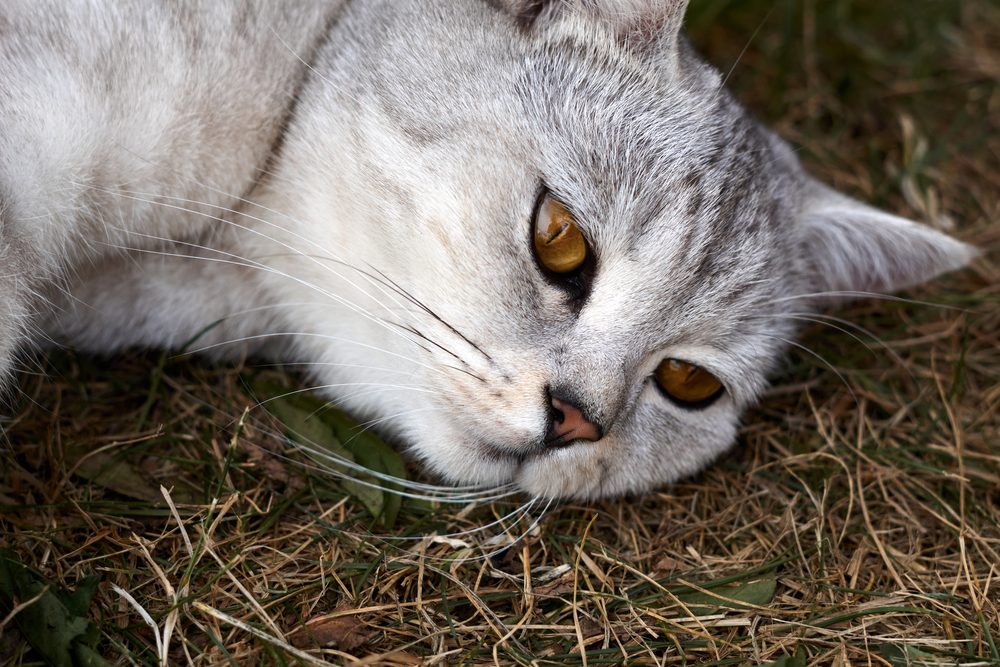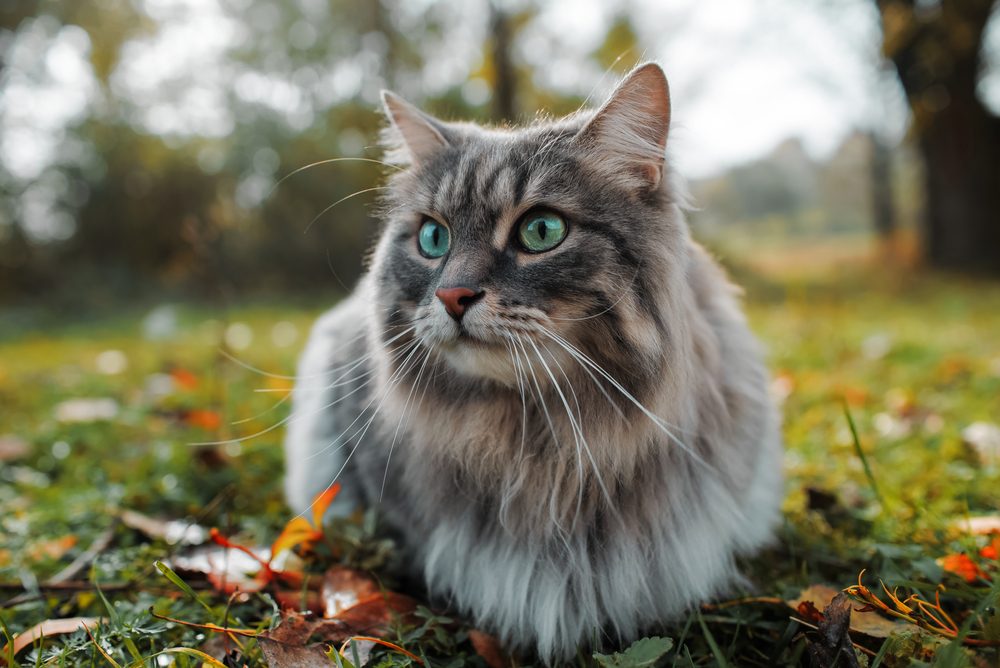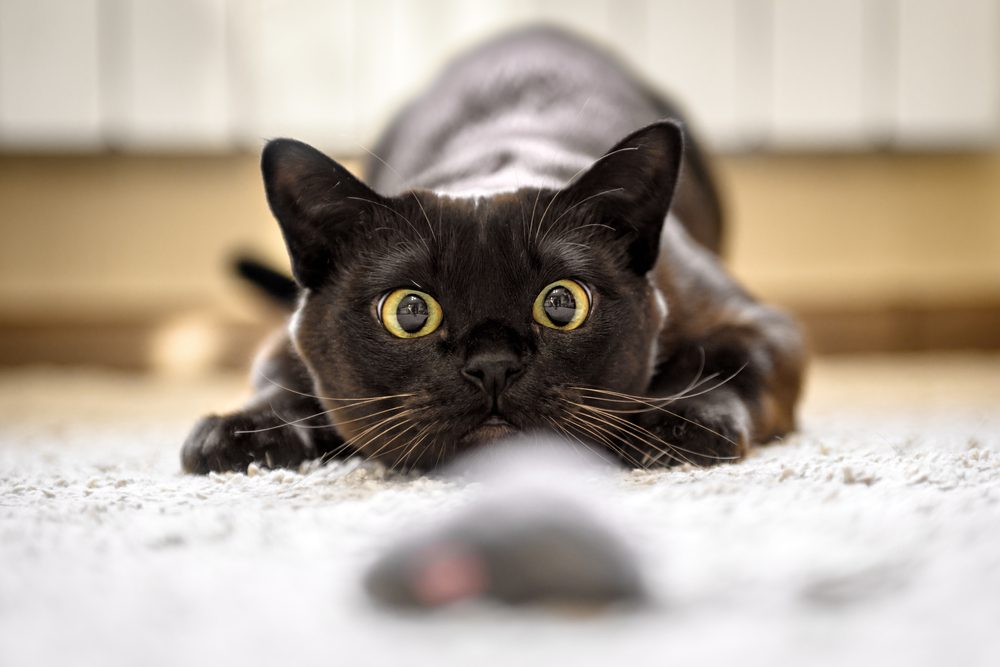Have you recently rescued or adopted a feline friend at the shelter? Discovering your cat’s age may not sound all that important — age is just a number, right? — but knowing your cat’s age is critical for a variety of reasons. Not only does a cat’s nutritional requirements change as she ages, but there could be a few age-related physical changes you need to look out for. Similarly, a cat’s activity level often depends on her age. Knowing how old your cat is helps you choose the best toys for her. Have you ever wondered, “Just how old is my cat?” We’re here to help you unravel the mystery once and for all.

How do you calculate a cat’s age?
If you want to have the most accurate picture of your cat’s age and health, you’ll need to enlist the help of a trusted veterinarian. Your vet will perform a full-body examination on your cat, from teeth to tail. While a careful inspection of your cat’s entire body helps the vet determine your fur baby’s age, there are a few hallmarks they look for, including:
Teeth
A kitten’s baby teeth – also called deciduous teeth – first erupt when she’s around two to four weeks old. By the time she’s around six months old, a cat’s baby teeth will have been replaced by her permanent teeth. As cats age, their teeth become discolored by tartar. Unfortunately, this method of gauging a cat’s age can be unreliable if you (or your cat’s previous owner) maintain a diligent dental health regimen of frequent brushing and dental checkups.
Weight
Just like us, your cat’s metabolism slows as she ages. An obese cat is most likely middle-aged or younger, as senior cats are more likely to lose weight than to gain it. Weight loss in senior cats is due to a decrease in their ability to properly digest and metabolize fat.
Coat health and color
Cats are fastidious creatures, and grooming is one of their favorite activities. As cats age, they might develop white patches in their coats. Older cats might groom themselves less often – or they might stop grooming themselves altogether. The physical changes cats undergo as they age – weight gain or loss, digestive conditions, and arthritis – can lead to a cat’s sudden disinterest in grooming. Cats with matted fur (unless they’ve been recently rescued) are more likely to be seniors.
Eyes
Do your cat’s pupils appear slightly cloudy? Then your fur baby is most likely at least nine years old. The cloudy appearance is due to lenticular sclerosis, the medical term for the hazy cast that develops in cats’ eyes when they’re middle-aged or older. Lenticular sclerosis – also called nuclear sclerosis – typically presents when cats are around eight years old but doesn’t become visible until they’re nine years old or older. In addition, older cats tear up more often than younger cats, and you might also see discharge from the eyes.
Your cat’s age in human years
We’ve all heard the myth that one year in cat years equals seven human years, but that’s not even remotely true. While cats do age differently, it’s time to throw out the old calculations. As it turns out, our feline fur babies age faster than we thought. The American Animal Hospital Association (AAHA) says that the first year of a cat’s life is roughly equivalent to 15 human years. By the time your cat turns two years old, her age is equal to that of a 26-year-old human. Each additional year is more or less equal to four human years. That means if your fur baby lives to be 16 years old in cat years, she’ll be a dignified 80-year-old in human years.
How long do indoor cats live?
In a perfect world, our fur babies would live forever. Sadly, that isn’t the case, but we do have some good news. An indoor cat can live up to 20 years, but one cat, Crème Puff, who hailed from Austin, Texas, lived an impressive 38 years. That being said, the average lifespan for an indoor cat is between 13 and 17 years.

Keeping your cat healthy
When it comes to keeping your cat healthy, a variety of factors come into play. Frequent vet checkups are essential, and you should make sure your fur baby eats a nutrient-rich diet. Go easy on calorie-laden treats, and feed your cat low-calorie snacks, like finely chopped zucchini or carrots. Exercise is important for your cat’s mental and physical health, so make sure she has plenty of toys to play with. (A high-quality cat tree is also a good investment.) While our fur babies always leave us before we’re ready, we can do our best to give them long and happy lives.




